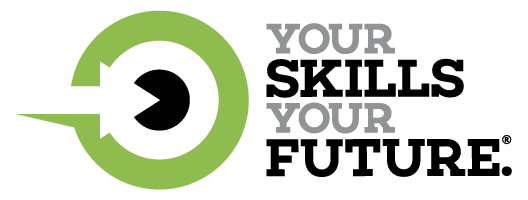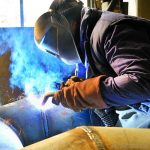Machinists typically do the following:
- Work from blueprintd and sketches
- Operate CNC machine tools
- Adjust cutting tools and workpieces
- Monitor the feed and speed of machines
- Modify machine parts to specifications
- Test completed products for defects
- Smooth the surfaces of parts or products
- Present finished workpieces to customers
Machinists use machine tools, such as lathes, milling machines, and grinders, to produce precision metal parts. Many machinists must be able to use both manual and CNC machinery. CNC machines control the cutting tool speed and do all necessary cuts to create a part. The machinist determines the cutting path, the speed of the cut, and the feed rate by programming instructions into the CNC machine.
Although workers may produce large quantities of one part, precision machinists often produce small batches or one-of-a-kind items. The parts that machinists make range from simple steel bolts to titanium bone screws for orthopedic implants. Hydraulic parts, antilock brakes, and automobile pistons are other widely known products that machinists make.



